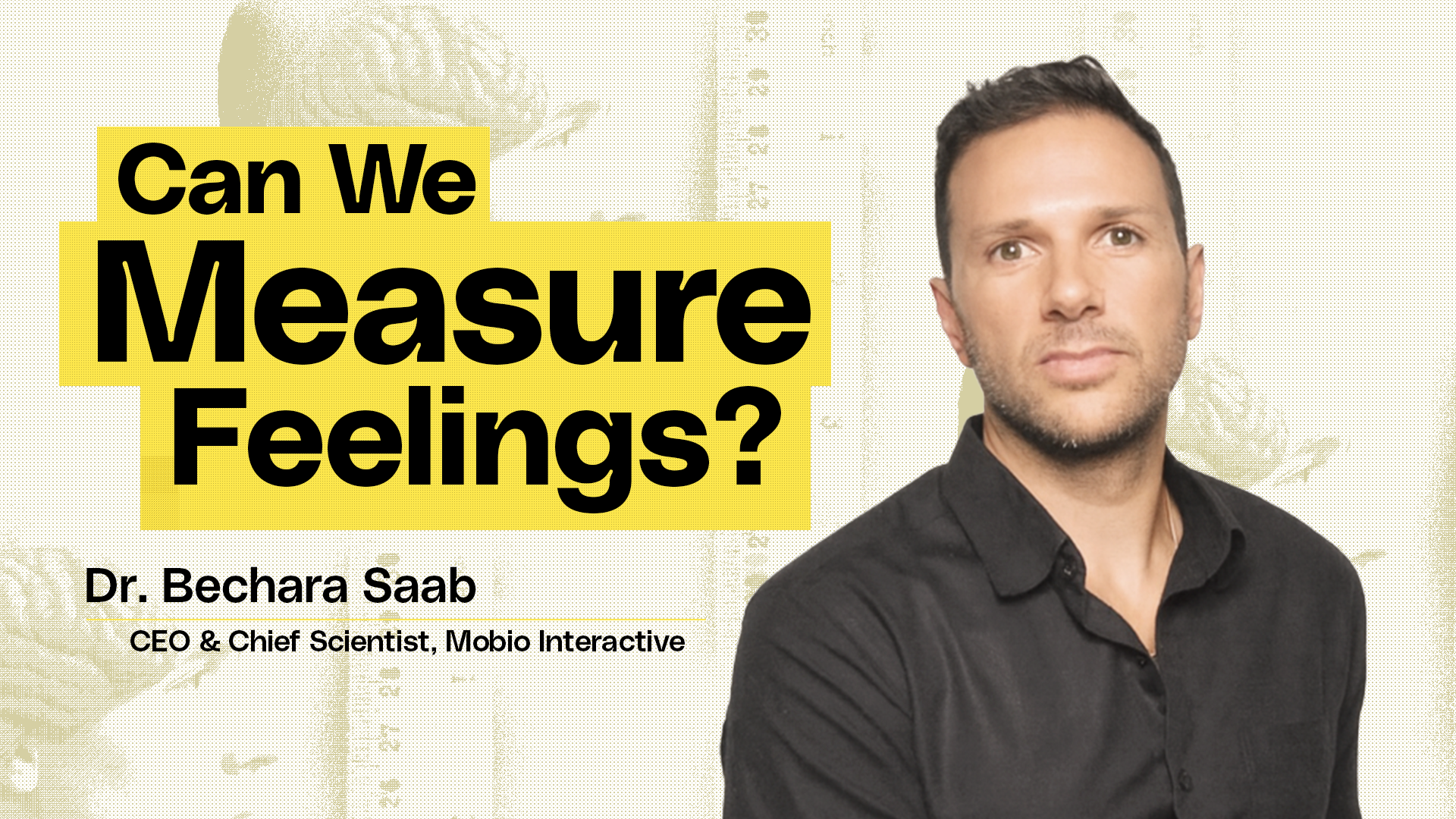
Ryan Manuel, PhD
Ryan discovered early in his career that governments operate like vast rule-based machines. As a professor of Chinese politics and a consultant to policymakers, he saw that official pronouncements, regulatory filings and policy documents often contained signals about future decisions. These patterns were rarely obvious but almost always present. That realisation led him to build Bilby, a startup using artificial intelligence to make sense of government activity and predict regulatory change.
Bilby scans millions of government records, press releases, corporate filings and official speeches. It converts them into structured data that can be analysed and searched. The system then applies machine learning to identify patterns that suggest where policy is heading. “Governments are always telling everybody what to do, or what they are doing, because they have to communicate at some point with the public,” Ryan explains. “And that is a very rich data source”¹. From these signals, Bilby generates forecasts to help companies prepare for regulation rather than react to it.
Ryan’s background bridges academia, government and technology. Originally from Australia, he started out as a programmer and policy analyst before becoming a Rhodes Scholar at Oxford. He earned a doctorate in Chinese politics and later taught at the Australian National University and the University of Hong Kong². Alongside his academic work, he served as a senior analyst for Australia’s national security committee and advised the prime minister’s office. This cross-sector experience helped him see how fragmented and difficult it was to keep track of policy developments across borders.
In 2021, he founded Bilby to solve that problem. The company is based in Hong Kong and now works with clients ranging from hedge funds to multinational companies. Its tools help investors and executives track policy developments across markets such as China, India, Southeast Asia and the Middle East³.
👏 Dive deeper into this conversation and many others with innovative founders on the Unsensible Podcast, where we explore the future of technology, business, and investment:
Bilby’s strength lies in its ability to process public information at speed and scale. By combining data from different jurisdictions, languages and agencies, the platform builds a full picture of how governments behave. “The more that we can read those communications around the world, across different languages, across different cultures, the better off we will be,” Ryan says⁴. The platform is already proving its value. In 2021, Bilby flagged early signs of China’s crackdown on private tutoring firms. It later identified regulatory risks in China’s pharmaceutical sector well before formal announcements were made⁵.
The team behind Bilby reflects its global outlook. With staff in Hong Kong, New York and beyond, it includes researchers, technologists, analysts and even a former Olympic athlete⁶. Ryan describes the product as an “analyst in a box”, capable of replicating his own work at scale. While he once wore a suit to convince his mother he had a proper job, he now jokes that explaining Bilby is much easier than describing his academic research⁷.
For Ryan, success means more than building a profitable business. It means making regulatory systems more transparent, accessible and navigable. He wants companies to understand why policy changes are coming, not just respond after the fact. In the long term, he sees Bilby helping not just businesses but governments themselves, offering real-time analysis and feedback loops in a complex and volatile global environment.
Ryan’s journey, from academic to founder, is rooted in a single idea: that governments do not act randomly. Their decisions leave clues, and those clues can be read. Bilby is the tool he built to decode those signals, helping decision-makers see what is coming next, rather than waiting for it to arrive.
References
- Unsensible Podcast: Dr Ryan Manuel on decoding government communication
- LinkedIn: Ryan Manuel
- Bilby.ai: Our Team
- South China Morning Post: Bilby tracks government policy patterns
- Ibid.
- Bilby.ai: Our Team
- Unsensible Podcast
Don’t miss out!










